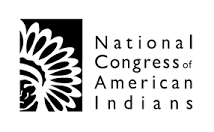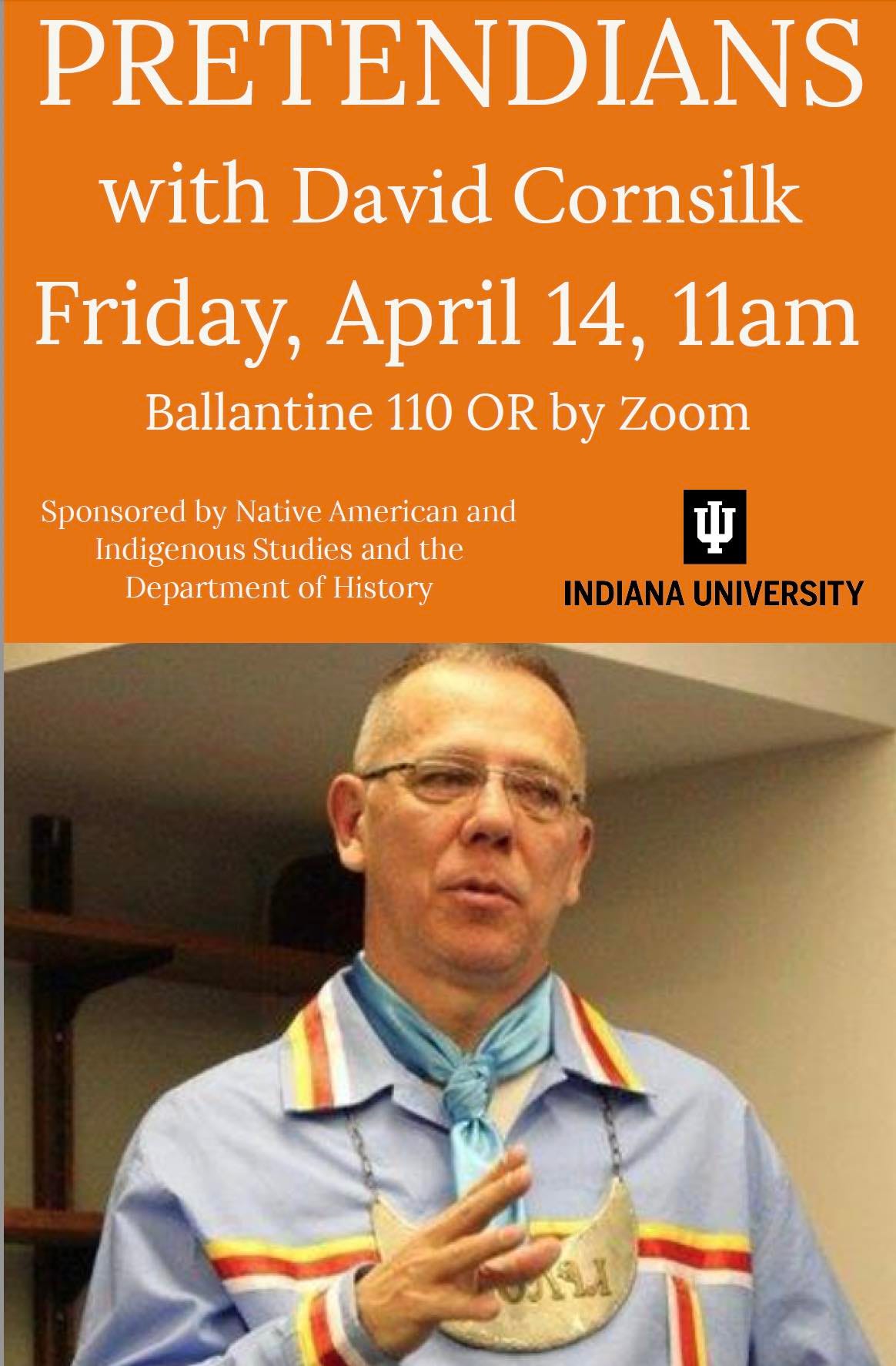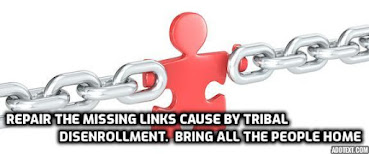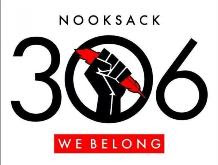My uncle David Cuevas, always said the key to our rights was in the treaty of Guadalupe Hidalgo. The State of California and the Federal Government have violated the treaty, and disenrolling tribes are doing the same.
 |
Treaty of
Guadalupe Hidalgo |
The Treaty of Guadalupe Hidalgo was signed in 1848, bringing an end to the Mexican-American War and ceding a vast territory to the United States that included what is now California, Arizona, New Mexico, Nevada, Utah, and parts of Colorado, Wyoming, Kansas, and Oklahoma. The treaty included provisions meant to protect the rights of indigenous peoples in these newly acquired territories, including a promise to honor existing land grants and to respect the property rights of Native American communities.
Disenrolling tribes violate the Treaty of Guadalupe Hidalgo by denying indigenous peoples their right to self-determination and recognition. The Treaty of Guadalupe Hidalgo recognized the property rights of Native American communities and guaranteed their protection. By disenrolling members of these communities, the treaty's provisions are ignored, and their rights to self-governance and recognition are violated.
Despite the treaties promises, the United States government has a long history of violating the Treaty of Guadalupe Hidalgo and failing to uphold its obligations to Native American tribes and communities. Some of the ways in which the treaty has been violated or ignored include:
Land theft: Under the treaty, existing land grants were supposed to be respected, but in many cases, Native American lands were simply taken by force, often through violence and coercion. Native Americans were frequently pushed onto reservations, where they were forced to give up their traditional ways of life and were subjected to harsh living conditions.
Broken promises: The treaty included provisions meant to protect the rights of indigenous peoples, but the U.S. government has frequently failed to live up to its promises. For example, many treaties signed with Native American tribes were later abrogated or ignored, leaving Native American communities without the protections they were promised.
Cultural erasure: Native American cultures and traditions were frequently suppressed or erased in the wake of U.S. colonization, as the government sought to assimilate Native Americans into Euro-American ways of life. This included policies such as forced boarding schools, where Native American children were taken from their families and communities and taught to reject their cultural heritage. Now disenrolling tribes follow this same practice!
These and other forms of mistreatment and injustice have had lasting impacts on Native American communities, contributing to ongoing challenges such as poverty, health disparities, and cultural dislocation. However, upholding the Treaty of Guadalupe Hidalgo could help to redress some of these historic wrongs and support the rights and well-being of Native American communities.
To follow the treaty's provisions would mean respecting the sovereignty and self-determination of Native American tribes, honoring existing land rights and treaty agreements, and ensuring that Native American communities have a say in decisions that affect their lives and well-being. It would also mean investing in cultural revitalization efforts and supporting Native American languages, traditions, and practices.
Upholding the Treaty of Guadalupe Hidalgo is not only a matter of fulfilling past promises, but also a matter of promoting justice, equity, and respect for indigenous rights and sovereignty. By recognizing and addressing the harms of past injustices and committing to a more just and equitable future, we can work to support the well-being of Native American communities and promote a more just and inclusive society for all.
Disenrolling tribal members denies them access to important resources and services provided by the tribes, such as healthcare, education, and cultural programs. This not only harms disenrolled individuals but weakens the overall community's ability to exercise their sovereignty and fulfill the provisions of the treaty.
Disenrollment also exacerbates existing inequities, as those who are disenrolled may be more vulnerable to poverty, discrimination, and violence. Disenrolling members of Native American tribes runs counter to the Treaty of Guadalupe Hidalgo's goals of promoting self-determination, sovereignty, and recognition of indigenous rights.
LEARN MUCH MORE ON DISENROLLMENT HERE



















